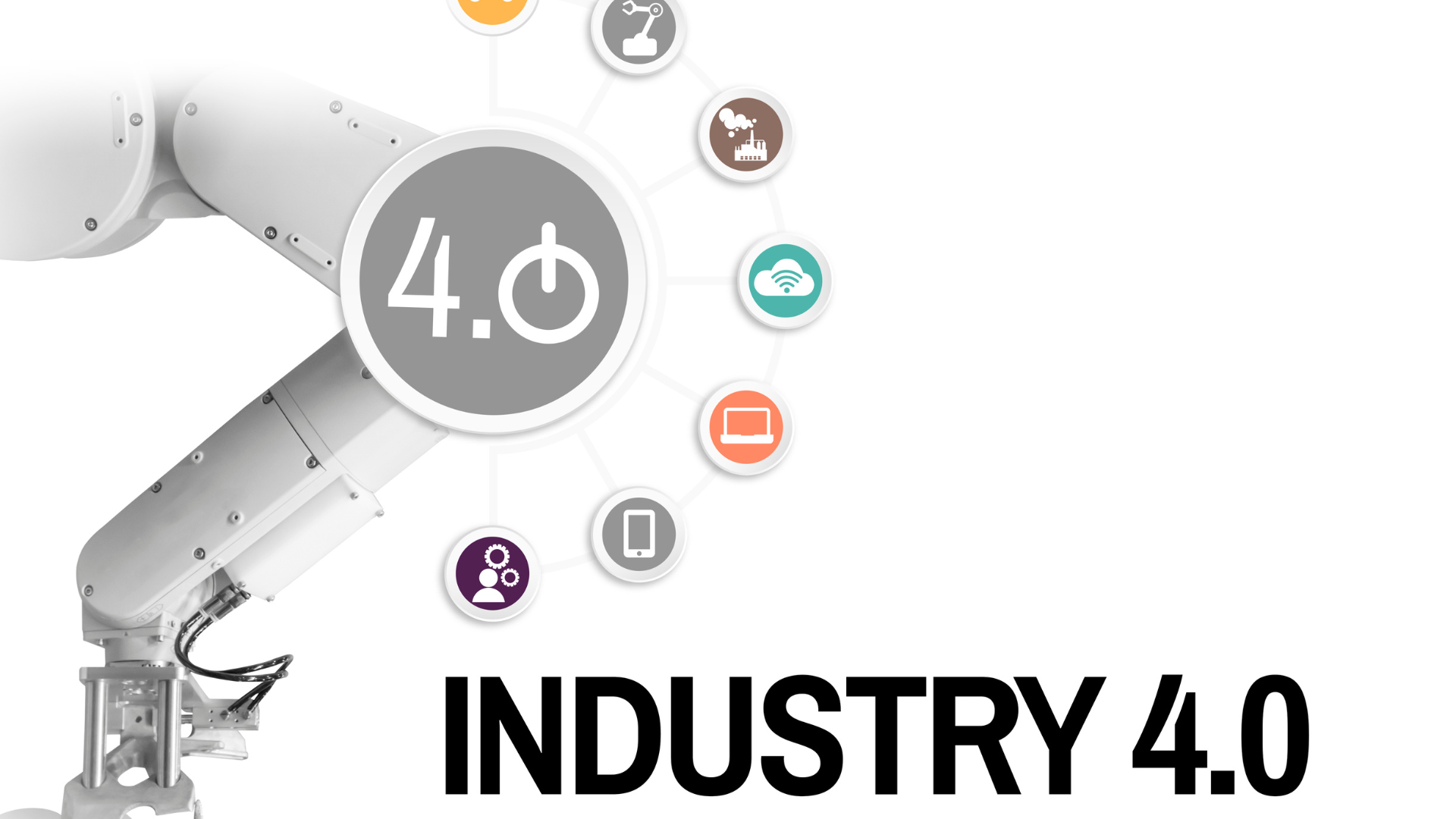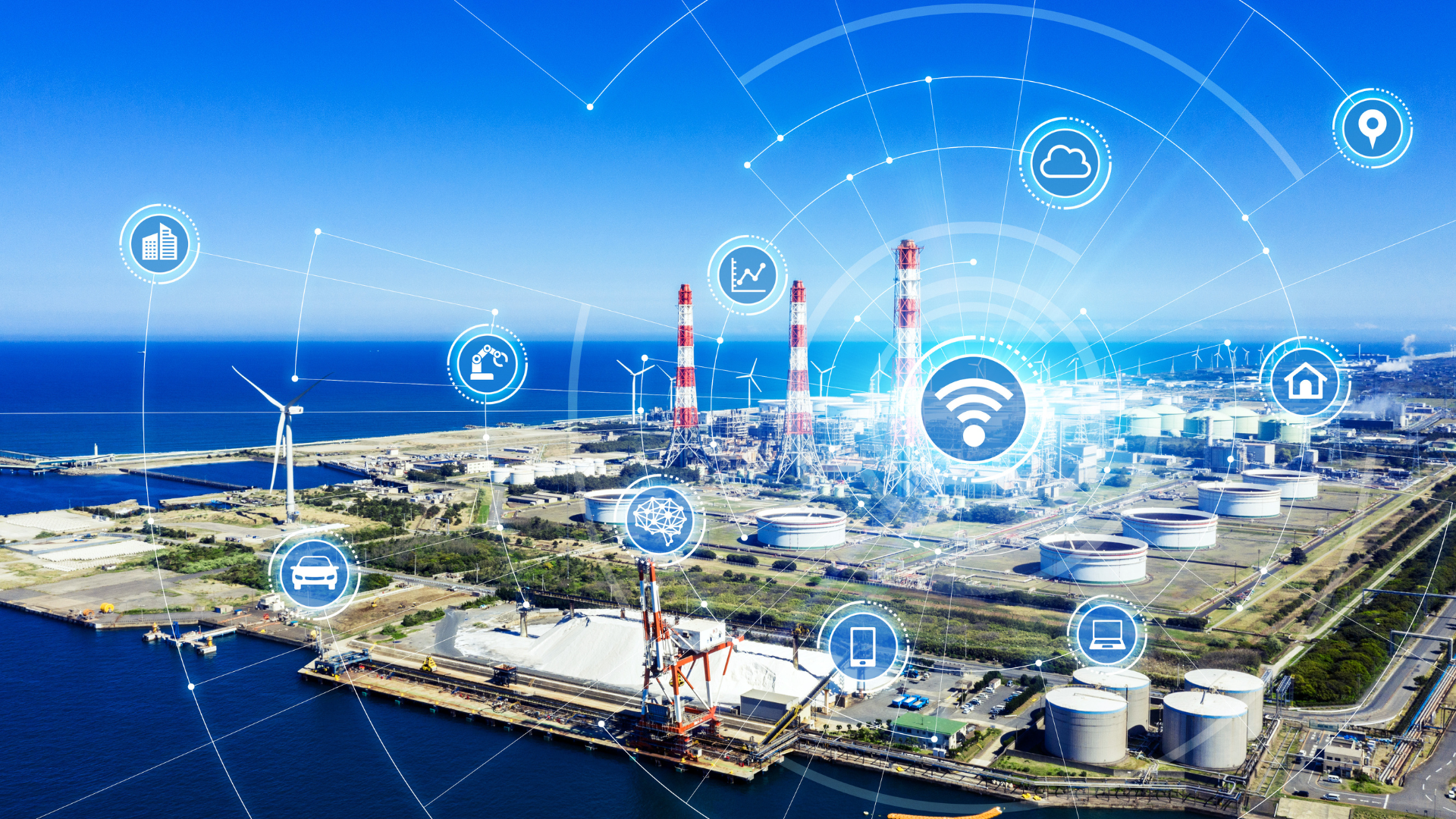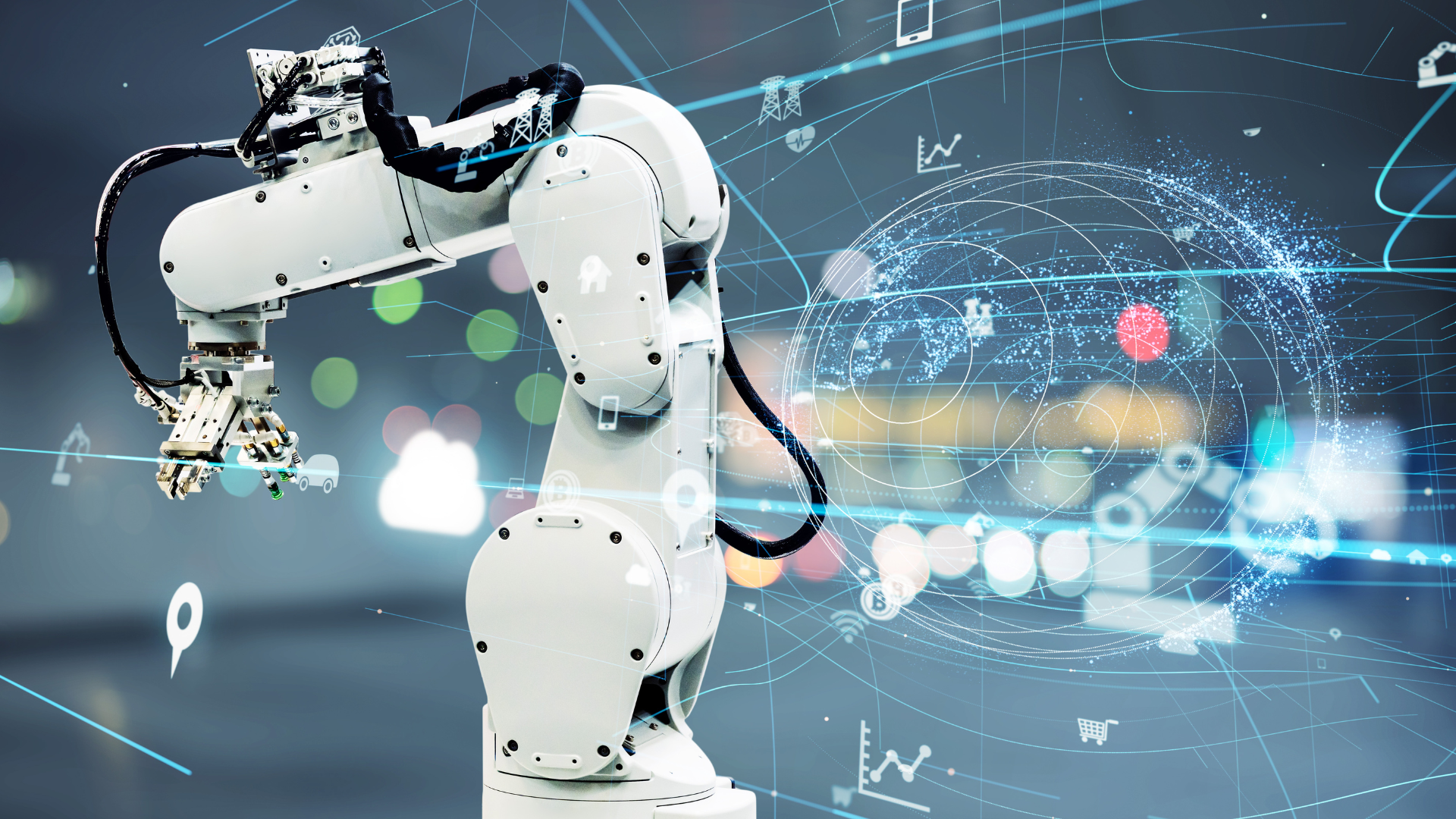How does Industry 4.0 Affect People?
Impact of Industry 4.0 on Society:
Increased productivity and economic growth:
By streamlining processes and optimizing production, Industry 4.0 can lead to significant economic benefits. This can translate to a higher standard of living and increased job creation in new sectors.
Job displacement and the need for new skills:
As automation becomes more sophisticated, some jobs may be lost, particularly those involving repetitive tasks. However, new opportunities will emerge in areas like data analysis, system maintenance, and cybersecurity. Society will need to focus on education and retraining programs to equip workers with the skills needed to thrive in this new industrial landscape.
Environmental benefits: Real-time data and analytics can help manufacturers optimize energy use and reduce waste. This can lead to a more sustainable future by minimizing industry's environmental footprint.
Increased safety: Sensor-equipped machines can identify potential hazards and shut down operations before accidents occur. This can significantly improve safety standards in factories and other industrial settings.
Impact of Industry 4.0 on Business:
Enhanced decision-making: Real-time data empowers businesses to make data-driven decisions across all levels of operations. This can involve optimizing production lines, identifying inefficiencies, and predicting market trends, all leading to improved resource allocation and strategic planning.
Increased efficiency and productivity: Automation and real-time process monitoring can significantly streamline operations. Industry 4.0 allows businesses to identify and eliminate bottlenecks, optimize production schedules, and reduce waste. This translates to increased output and overall production efficiency.
Improved product quality and customization: Sensor-equipped machines and AI-powered quality control systems can detect and address defects early in the production process. This leads to higher quality products and greater consistency. Additionally, Industry 4.0 facilitates mass customization by enabling businesses to tailor products to individual customer needs and preferences.
Greater agility and responsiveness: Real-time data provides businesses with a constant pulse on their operations and customer demands. This allows them to react quickly to market changes, adapt to fluctuations in supply and demand, and personalize customer experiences more effectively.
Reduced costs: Streamlined operations, optimized resource utilization, and predictive maintenance all contribute to cost reductions. Industry 4.0 can minimize waste, lower energy consumption, and reduce the need for manual labor, leading to significant cost savings for businesses.






